Security and Privacy
Safeguarding Your Laptop and Data
Protecting your laptop from threats and ensuring the privacy of your data are paramount in today's digital landscape. In this guide, we'll explore essential security practices, the best antivirus software, physical security tips, and data encryption methods.
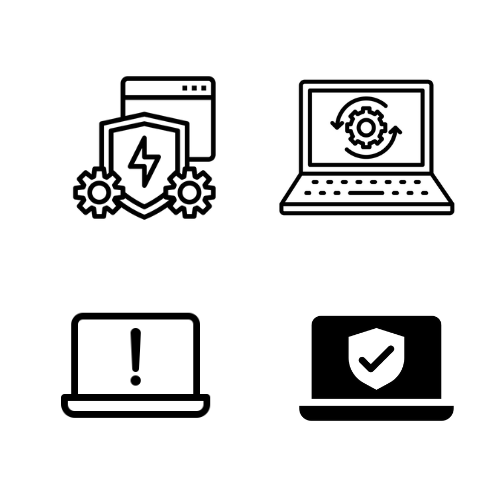
Protecting Your Laptop from Viruses
Viruses, malware, and other malicious software pose a constant threat to your laptop's security. Here's how you can protect yourself:
Install Antivirus Software: Choose a reputable antivirus program and keep it updated to detect and remove threats.
Update Regularly: Keep your operating system, software, and browser up to date to patch security vulnerabilities.
Exercise Caution: Be wary of suspicious emails, links, and downloads. Avoid clicking on unknown links or opening attachments from unfamiliar sources.
Use Firewall Protection: Enable the built-in firewall on your laptop to block unauthorised access and prevent malware from spreading.
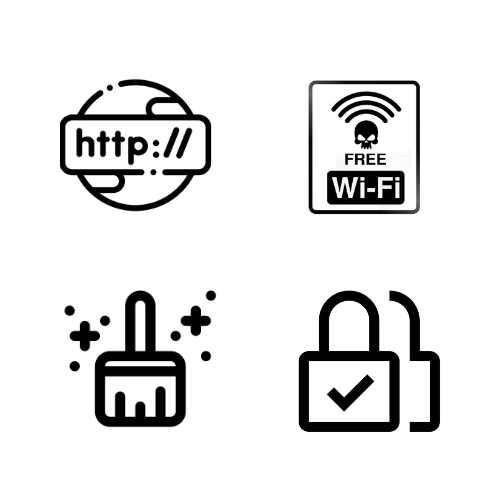
Secure Browsing Practices
Ensure your online activities are safe and secure with these browsing tips:
Use HTTPS: Look for the padlock icon and "https://" in the URL to indicate a secure connection when browsing websites.
Avoid Public Wi-Fi: Public Wi-Fi networks are often unsecured, making it easy for hackers to intercept data. Use a VPN or stick to trusted networks when accessing sensitive information.
Clear Cookies and Cache: Regularly clear your browser's cookies and cache to remove tracking data and improve privacy.
Enable Two-Factor Authentication: Add an extra layer of security to your accounts by enabling two-factor authentication wherever possible.
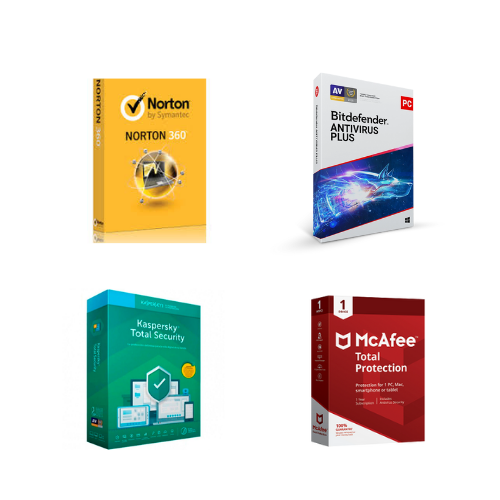
Best Antivirus Software
Investing in reliable antivirus software is essential for protecting your laptop from malware. Here are some top picks:
Norton 360: Offers comprehensive protection against viruses, malware, and online threats, along with features like VPN and dark web monitoring.
Bitdefender Total Security: Provides advanced threat defense, ransomware protection, and secure VPN for complete peace of mind.
Kaspersky Internet Security: Offers real-time protection against viruses, phishing, and identity theft, with minimal impact on system performance.
McAfee Total Protection: Combines antivirus, identity protection, and secure VPN to safeguard your devices and personal information.
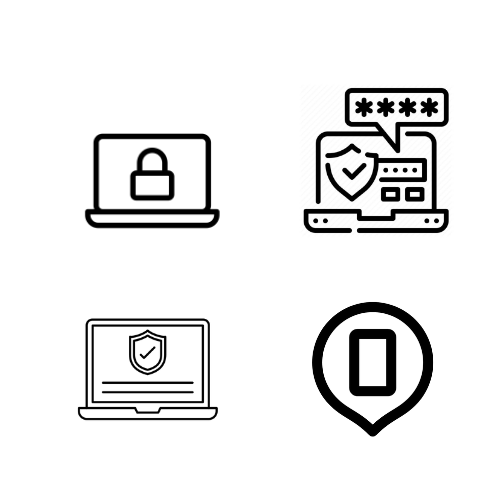
Physical Security Tips for Laptops
Protect your laptop from theft and unauthorised access with these physical security measures:
Use a Laptop Lock: Secure your laptop to a desk or other stationary object with a laptop lock to prevent theft in public places.
Set Strong Passwords: Use a strong password or passphrase to lock your laptop and prevent unauthorised users from accessing your data.
Keep Your Laptop Secure: Avoid leaving your laptop unattended in public areas or vehicles where it can be easily stolen.
Enable Find My Device: Activate tracking features like Find My Device (Windows) or Find My Mac (macOS) to locate and remotely wipe your laptop if it's lost or stolen.
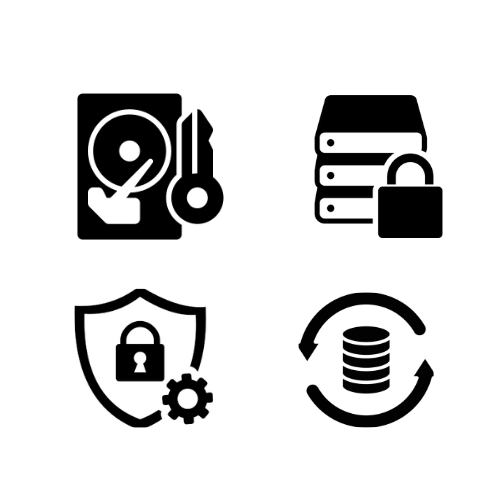
Data Encryption and Privacy
Protect your sensitive data from unauthorised access and breaches with encryption and privacy measures:
Use Full Disk Encryption: Encrypt your entire hard drive to protect all data stored on your laptop from unauthorised access.
Secure File Storage: Store sensitive files in encrypted folders or password-protected archives to prevent unauthorised access.
Enable Privacy Settings: Configure privacy settings on your laptop and applications to limit data collection and sharing with third parties.
Regularly Back Up Data: Create regular backups of your important files and store them securely to prevent data loss in case of theft or hardware failure.
Disclaimer: Please note that while we provide information about various security and privacy practices, XUM currently does not sell or endorse specific antivirus software or security products mentioned in this article. We encourage users to research and choose products that best suit their needs and preferences. Additionally, implementing security measures does not guarantee complete protection against all threats, and users should remain vigilant and follow best practices to mitigate risks. Thank you for your understanding.




